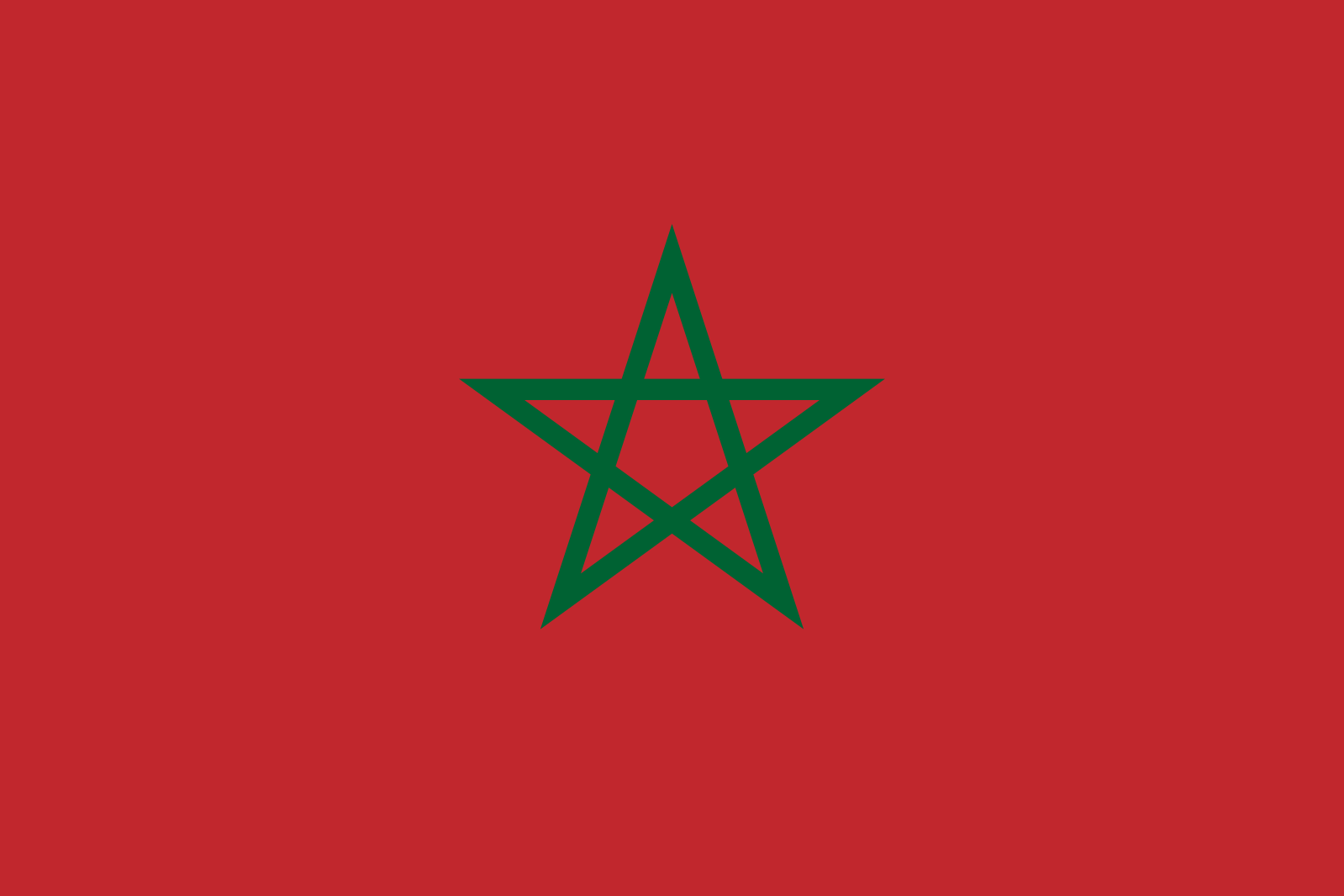
Morocco
Morocco’s constitution guarantees freedom of expression and prohibits censorship, but in practice, critical journalistic voices are often subject to harassment or even criminal proceedings. News companies are dependent on government subsidies, with many topics remaining outside the bounds of journalistic criticism. Meanwhile, social media have become one of the main sources of information.
Television and radio remain an important source of news for many Moroccans, with the editorial line of leading outlets generally in line with governmental priorities and acting as official sources for news. In recent years, the state has strengthened its influence on the broadcast sector, taking a stake in many of the most popular channels, including market leader 2M.
The vast majority of Morocco’s news media is in Arabic but some of the most influential business publications are in French. The press sector was hit particularly hard by the COVID-19 pandemic and total daily newspaper circulation typically does not exceed 100,000, while periodicals only achieve sales of 25,000.1 Printed newspapers are almost all state-subsidised, but this money comes with strings attached. Although some scrutiny of government policies is allowed, most print media abide by unspoken rules, including avoiding criticism of the monarchy, the military, the intelligence services, anything relating to the Western Sahara issue, or the handling of the COVID-19 crisis, and a range of other sensitive issues. That said, media ownership in the country is varied, including royal company subsidiaries, as well as a web of companies and business interests and moguls owning major shares in media companies across the spectrum.2
A recent World Freedom Press Index report by Reporters without Borders highlights a lack of legal safeguards for freedom of expression and press freedom, a low level of judicial independence, and the harassment of independent journalists, who it says are often subjected to arrest without warrant and prolonged pre-trial detention.3 Trumped-up sex and spying charges have been used against several journalists in the past five years, including Omar Radi, Taoufik Bouachrine, and Soulaimane Raissouni.4 These cases have sent a strong message to journalists across the country that the state will not be lenient on journalists it deems to be a threat, while also further encouraging self-censorship amongst the profession. Although a new press law was introduced in 2016, the state has tended to pursue journalists through criminal law and steered away from directly prosecuting journalists for their written pieces, under the journalism code of conduct. The state has also been meddling with the working of the National Press Council, which saw its independence diluted through the newly introduced law NO. 90.30.5
Morocco’s news media consumption as highlighted in Digital News Report survey data is heavily concentrated on online (79%) amongst our more urban, educated sample. This compares with 41% for TV and just 14% for print, which is mainly used by older generations. Increasingly, the whole population relies on a combination of smartphones and social media. Facebook (51%) and YouTube (50%) are the most widely used online platforms for news, but TikTok (22%) is popular with younger generations. YouTube is especially used by bloggers, political commentators, and other social media influencers to publish content that is on the borders of what is accepted speech in Morocco.
Heavy use of social media combined with relatively low trust in traditional sources has left Moroccans vulnerable to regular bouts of misinformation, especially during the COVID-19 pandemic. Many amateur YouTubers were arrested for instigating misinformation (claiming the virus does not exist), or directly opposing the strict measures against public gatherings, or challenging the decision to close mosques.
Overall trust in news sources in Morocco is low (31%), ranking Morocco 38 out of 47 surveyed countries, but some specific brands have higher levels of trust, including Medi1 TV and Medi1 Radio, with 68% and 65% of respondents respectively. Medi1 TV is a publicly created private media company based in Tangier with a varied ownership of private banks and retirement funds in Morocco.6 Morocco’s online subscription model is still nascent, with the vast majority of publications free at the point of access and big online outlets such as Hespress relying on online advertising as their prime source of revenue.
Morocco’s media scene remains fragile, with traditional business models under pressure and online advertising not making up the gap. Against this background, many Moroccans are turning to independent self-produced media such as YouTube channels of Moroccans, independent journalists, citizen journalists, or Pan-Arab media such as Al Jazeera, who are often the only ones producing content critical of the current situation.
Imru AL Qays Talha Jebril
Research fellow with the Moroccan Institute for Policy Analysis and Co-Managing Partner A&K Advisors
Changing media
Online and social media remain popular sources of news in Morocco with our educated and more urban sample, but TV and print remain important with older generations and for those who are not online.
Trust in news overall
31%
=38/47
Overall trust in news sources in Morocco is amongst the lowest in our survey at just 31%. Many Moroccans do not see news media as truly independent, avoiding sensitive subjects and mostly reflecting government views and perspectives. Some specific brands, however, do have a reasonable level of trust, including some of the most widely used outlets on TV and online.

